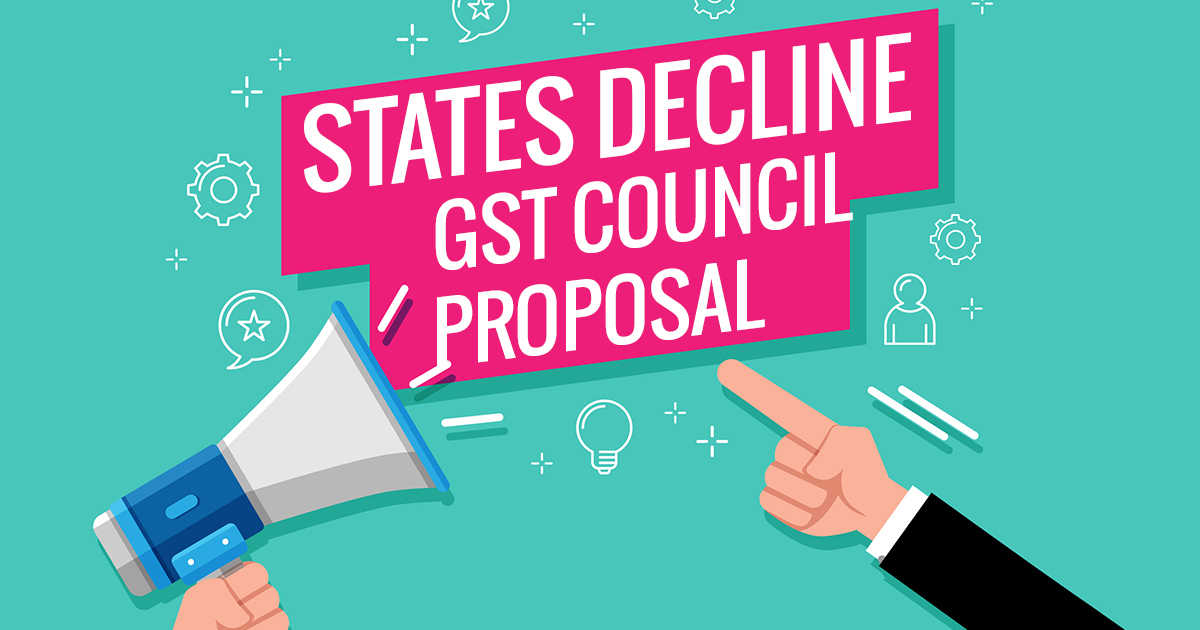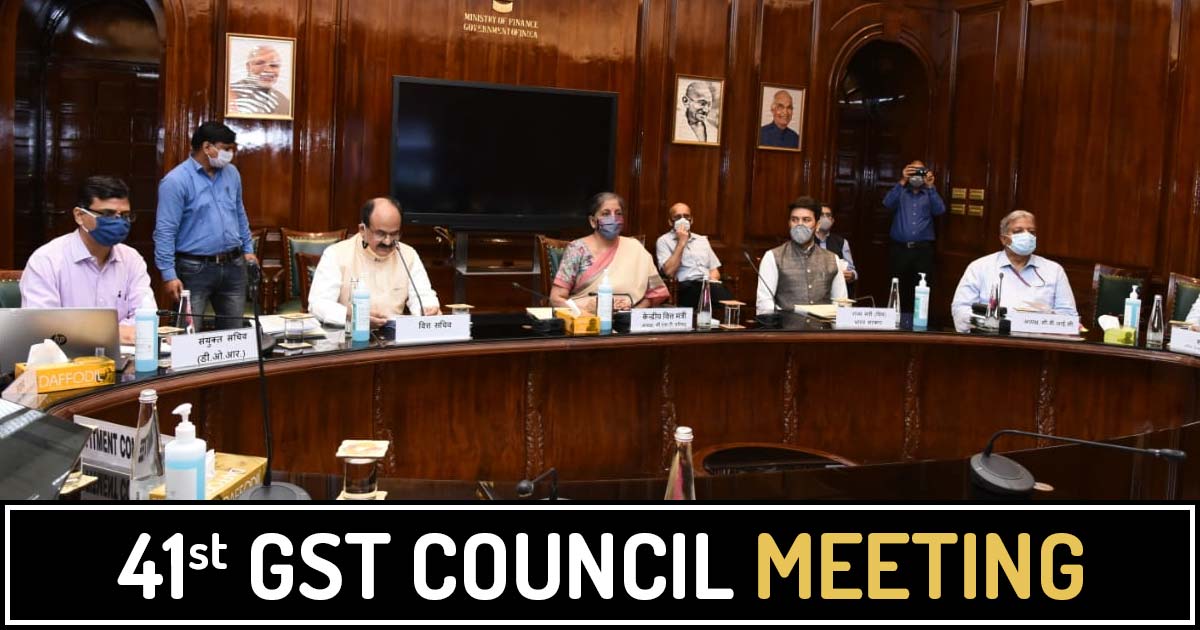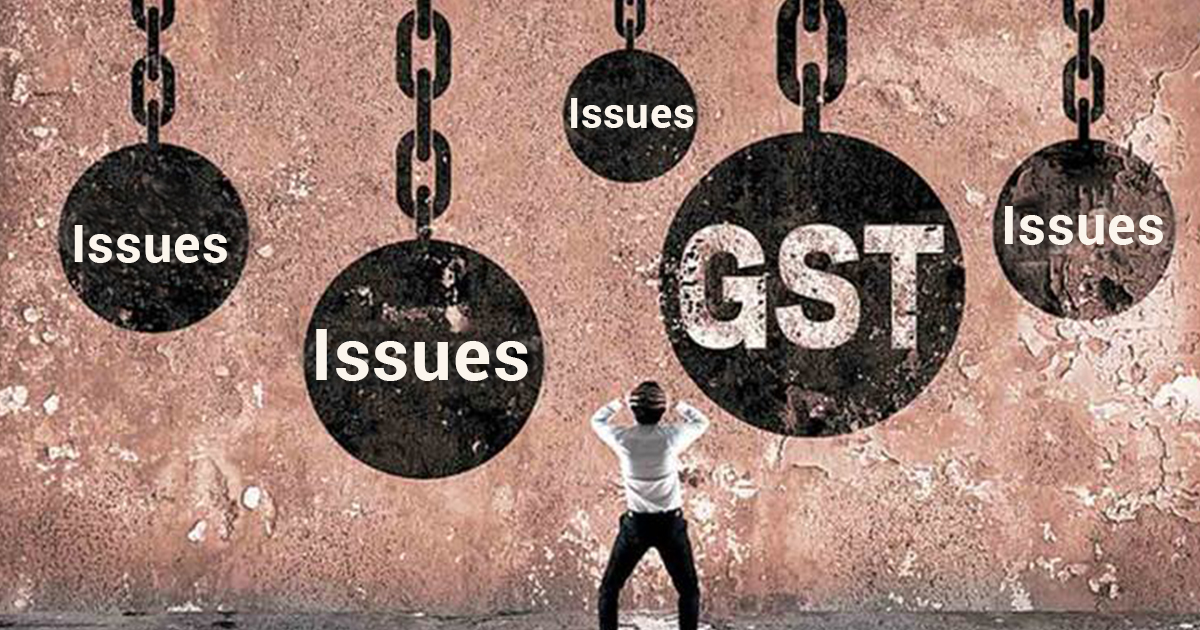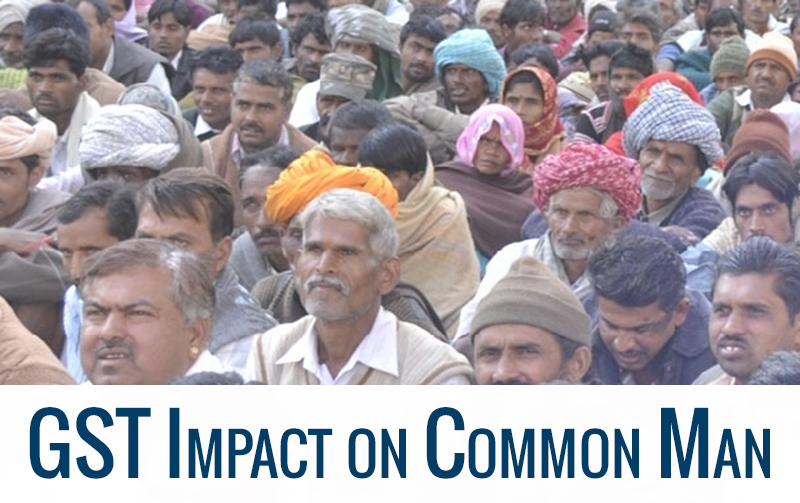
Punjab, Delhi, Kerala, Telangana, and West Bengal are 5 states which are not ruled by the Bharatiya Janata Party (BJP). On Monday, August 31, 2020, all these 5 states rejected the proposal of the Central Government that has been suggested in the 41st GST Council Meeting 
As per tweet of Chhattisgarh finance minister T.S. Singh Deo, the government of these 5 states agreed to reject both borrowing options suggested by the central government in a meeting of their finance ministers.
He also informed that the finance minister of these five states decided that the Center should not run away from its constitutional obligation to the states to meet the revenue gap. This stand taken by the states is vital in the view of the political differences on issues related to GST 
The Central Government allowed states to borrow money to meet revenue shortfall, They suggested two options either borrow ₹97,000 crores from the RBI or borrow ₹2.35 trillion from the market as per various terms. The Center allowed this because the GST cess collected from items like cars and tobacco was not enough to compensate the states for this financial year.
Deo added, “It was agreed among the states that the Centre should make good the shortfall and most importantly should only move through consensus in the GST Council instead of trying to push through its agenda in a majoritarian manner”.
Kerala finance minister T.M. Thomas Isaac said that the states don’t have any option left. As per his tweet “Now that we fully understand the Centre’s intentions on GST compensation, we have no choice other than to reject them lock, stock, and barrel… No more surrender of states’ rights”.
In this matter, Punjab finance minister Manpreet Singh Badal in a letter to Union finance minister and GST Council chairperson Nirmala Sitharaman stated that both the mooted borrowing options are a violation of constitutional assurance of compensation to the states. He further stated that “We thus take both the options with great regret as a clear breach of the solemn and constitutional assurance by the central government. We believe this is a betrayal of the spirit of cooperative federalism that formed the backbone of the GST journey so far”.
Read Also: Goods and Services Tax Impact on Common Man 
Manish Sisodia who is the Deputy Chief Minister of Delhi and also holds the finance portfolio responded in this matter that the states decided that the only legally appropriate option to deal with the crisis was for the central government to borrow the entire shortfall from the RBI or any other suitable mechanism. Sisodia further added that “The repayment of the principal and the interest liability should start from 2022 and should be entirely serviced out of the receipt from the cess for which the GST Council should extend the period of levy of cess beyond five years or till the time it is required to repay the debt”.